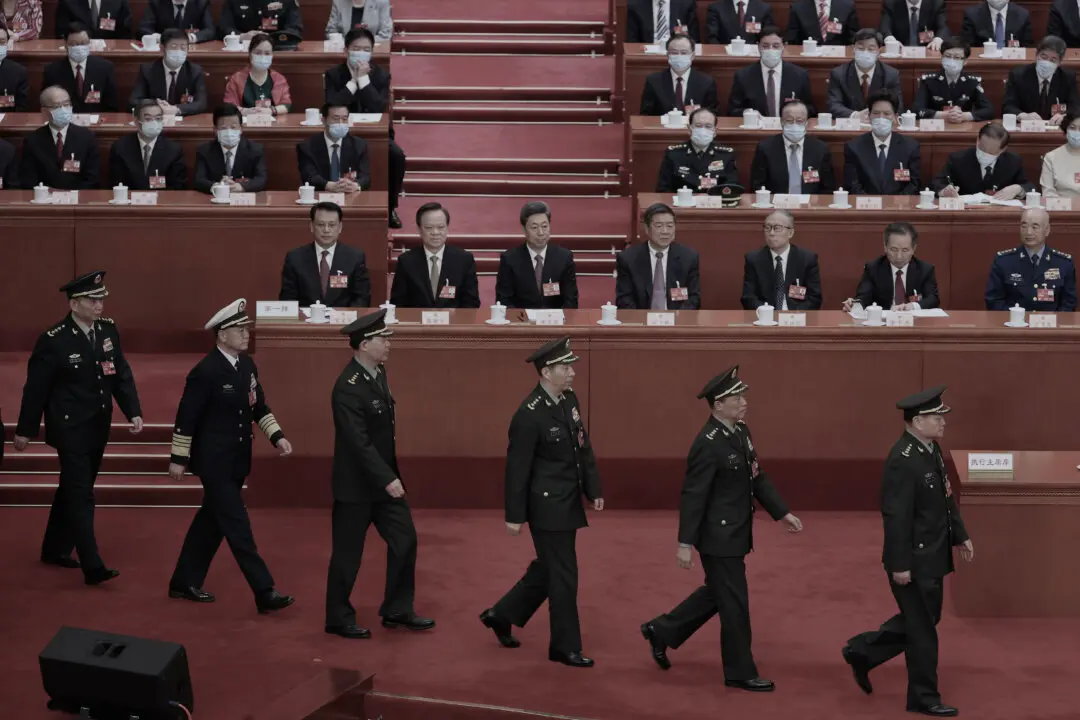Dec. 10 is International Human Rights Day. Western governments, civil groups, and citizens around the world took action to condemn the Chinese Communist regime’s human rights abuses.
Huang Yuanxiong is a police chief at the Wucun police station in Xiamen city, Fujian Province. The State Department said he detained and interrogated Falun Gong adherents for practicing their beliefs. The sanction, which would ban Huang from the United States, also applies to his spouse.
Falun Gong, also known as Falun Dafa, is composed of meditative exercises and a set of teachings centered on the principles of truthfulness, compassion, and tolerance. It grew in popularity in the 1990s, with 70 million to 100 million adherents in China by the end of the decade, according to official estimates at the time.
Threatened by its popularity, the CCP launched a systematic elimination campaign in July 1999. Since then, millions have been detained inside prisons, labor camps, and other facilities, with hundreds of thousands tortured while incarcerated, according to the Falun Dafa Information Center.
Politicians in Canada sent videos and letters to the Falun Dafa Association of Canada, vowing to defend local practitioners’ freedom of belief.
Leader of Canada’s Federal Conservative Party, Erin O’Toole, produced a short video to commemorate International Human Rights Day with Falun Dafa practitioners across Canada, demanding that the Chinese Communist Party (CCP) stop its 21-year-long persecution of Falun Gong.
Citizens and Civil Groups Around the World
A group of Falun Gong practitioners protested the CCP’s persecution in front of the Chinese Consulate in New York City on Dec. 9, demanding the unconditional release of their detained relatives in China who are Falun Gong practitioners. They also called on righteous people around the world to help stop the human rights atrocities in China.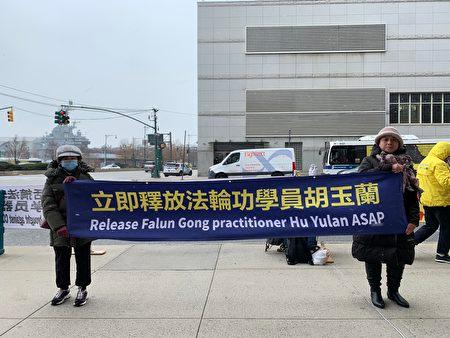
In Ontario, Canada, the Canadian East Turkestan Association, Federation for a Democratic China (FDC), the Declaration of Human Rights, and the Tibetan Youth Congress, held a hunger strike for three consecutive days in front of the provincial government from Dec. 8 to Dec. 10. They called on the Canadian government to sanction the CCP for their suppression of Uyghurs and other Muslim minorities, pro-democracy activists, and Tibetans. On Thursday, some of them moved to the front of the local Chinese consulate, continuing their all-day hunger strike.
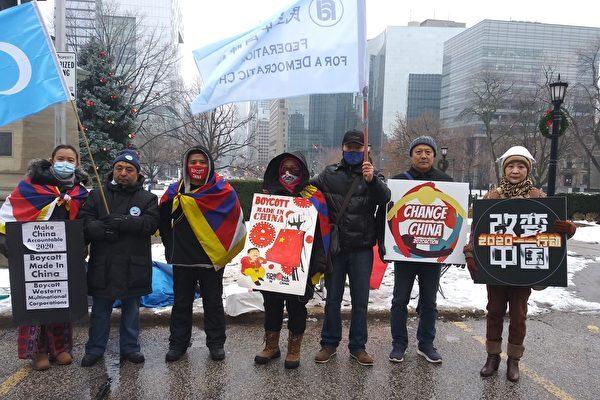
FDC global vice chairman Sheng Xue emphasized that the most important mission now is to make lawmakers in democratic countries realize that the number one threat to democracy and freedom is the CCP.
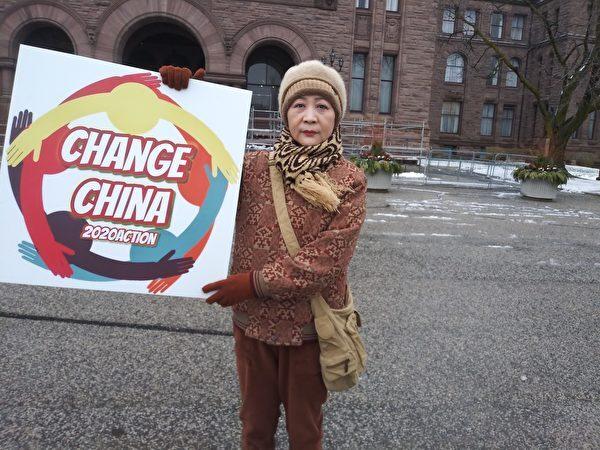
In Taiwan, 18 civic groups, including the Taiwan Association for the Promotion of Human Rights, the Economic and Democratic Union, and Tibet-Taiwan Human Rights Connection, and local lawmakers held a press conference outside the legislature on Wednesday. They emphasized that human rights violations are not only domestic issues, but also international issues; The CCP has used its economic clout as a way of pressuring the international community into silence about its human rights violations. At present, unity in resistance against the Chinese regime has become the obligation of all free people of the world, and no one should stay quiet, they said.
Meanwhile, in mainland China on Thursday, about 20 Shanghai petitioners traveled to Beijing to appeal to the Chinese Communist authorities. China has a petitioning system whereby ordinary citizens can formally seek authorities’ assistance in resolving their grievances. However, petitioners are often harassed and detained for their advocacy.
“Human rights are above sovereignty and rights protection is patriotism,” the Shanghai petitioners shouted.
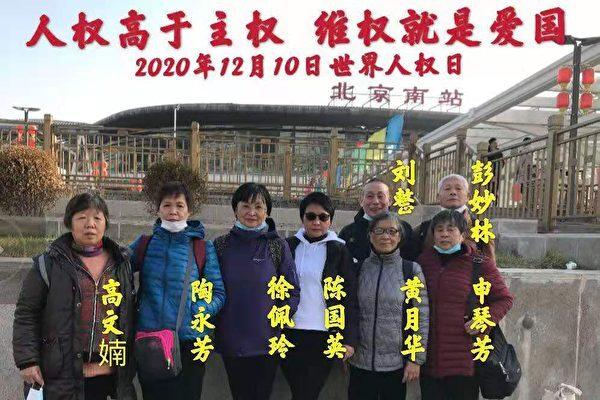
One petitioner named Xu Peiling told the Epoch Times, “Shanghai petitioners are living in dire situation, and their personal safety is not guaranteed...It can be said that petitioners have no human rights at all.”




